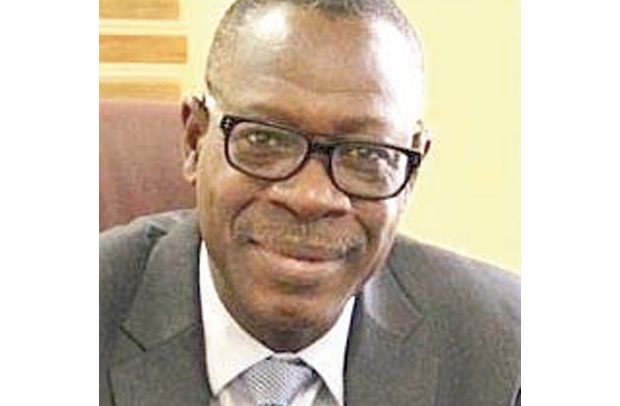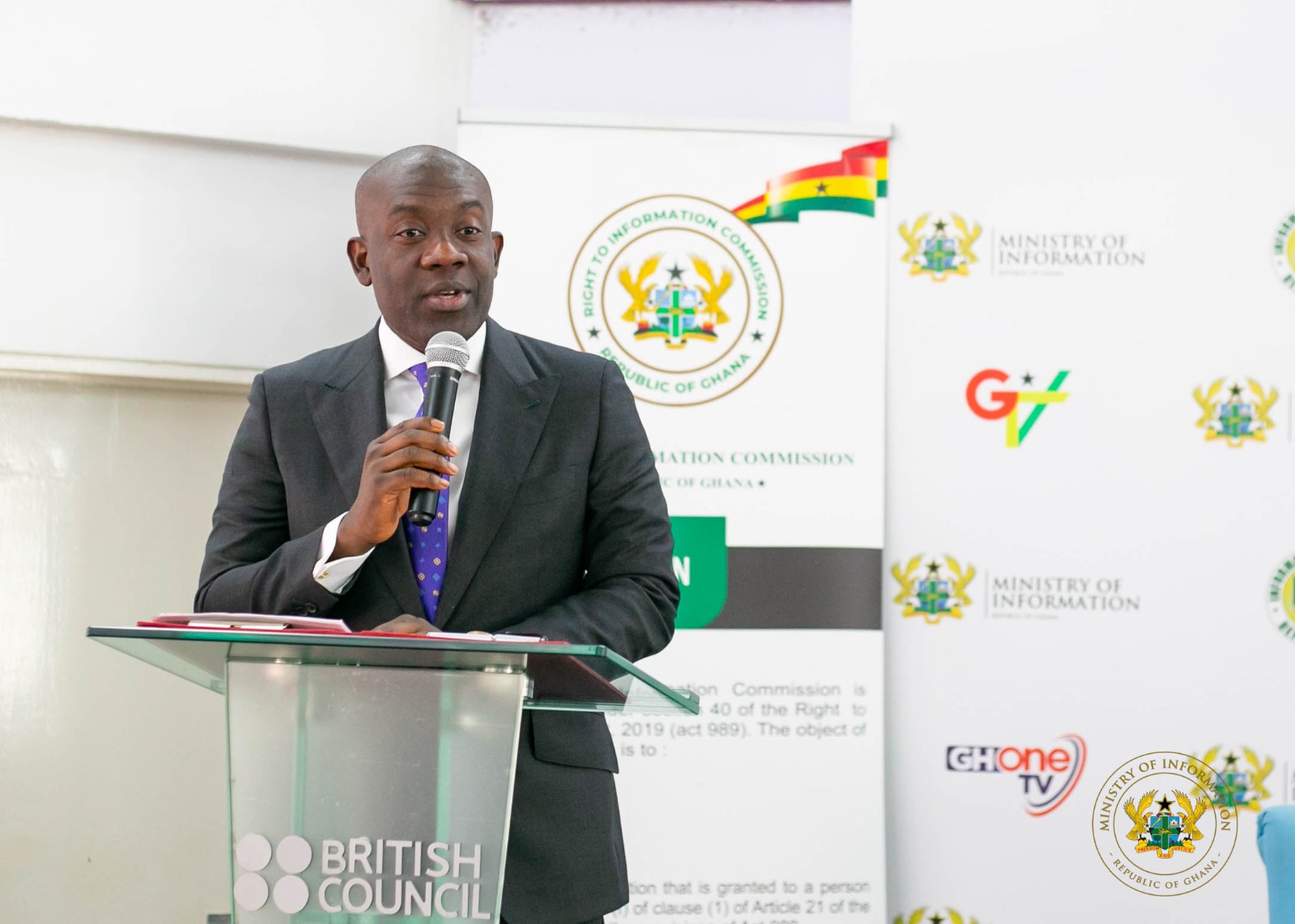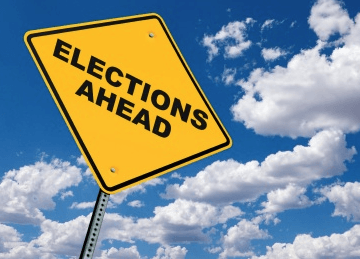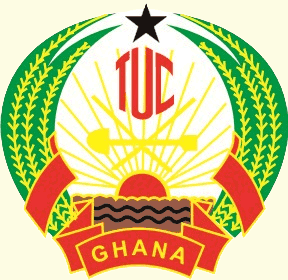
By Ben TAGOE
Elections are the cornerstone of democratic societies, where citizens exercise their right to choose their leaders. However, the rise of misinformation and disinformation poses a significant threat to the integrity of this democratic process.\
Misinformation refers to the spread of false or misleading information without intent to deceive, while disinformation is the deliberate dissemination of false information to manipulate public opinion. These tactics can severely undermine voter confidence, distort public perception, and ultimately impact election outcomes.
The role of social media and technology
The digital era, particularly the widespread use of social media platforms, has amplified the effects of misinformation and disinformation on elections. Platforms like Facebook, Twitter, and YouTube have become breeding grounds for false narratives due to their vast reach, rapid information dissemination, and minimal regulation.
For instance, during the 2016 U.S. presidential election, Russian operatives used social media to spread divisive and misleading content, targeting American voters. According to reports by the U.S. Senate Intelligence Committee, these efforts included the use of fake accounts and ads to polarize opinions, often centered on contentious issues like immigration, race, and gun control.
In the 2020 U.S. election, misinformation around mail-in voting and the legitimacy of the electoral process surged. Unsubstantiated claims of widespread voter fraud circulated on social media, casting doubt on the results even before votes were fully counted.
Former President Donald Trump’s repeated assertions that the election was “stolen” gained traction among his supporters, leading to widespread skepticism and, eventually, the storming of the Capitol on January 6, 2021. This incident is a stark example of how disinformation can fuel unrest and erode public trust in democratic institutions.
Real-world consequences of misinformation
The impact of misinformation is not limited to the United States; it is a global issue that affects democracies worldwide. In Brazil’s 2018 election, disinformation campaigns on WhatsApp were rampant, with false claims about the candidates circulating widely among voters.
Supporters of then-presidential candidate Jair Bolsonaro used WhatsApp groups to spread conspiracy theories and fake news stories, such as doctored photos and misleading statistics about crime rates. These efforts likely influenced voter behavior and contributed to the polarizing atmosphere that marked the election.
Similarly, in the 2017 French presidential election, far-right candidate Marine Le Pen benefited from a disinformation campaign that targeted her opponent, Emmanuel Macron. False allegations of Macron’s offshore accounts were widely circulated online just days before the election.
Although these claims were debunked, the damage was done, with many voters left questioning the integrity of the candidate. These examples illustrate how disinformation can be weaponized to damage the reputation of political opponents and influence electoral outcomes.
The psychological impact on voters
The prevalence of misinformation and disinformation during elections also has a profound psychological impact on voters. Studies have shown that repeated exposure to false information can lead to the “illusory truth effect,” where people are more likely to believe a statement is true if they have heard it multiple times, even if it is false. This cognitive bias makes it easier for disinformation campaigns to take hold, especially in environments where users are frequently exposed to unverified content.
Moreover, social media algorithms tend to prioritize content that generates high engagement, which often includes sensational or misleading information. This creates echo chambers where users are only exposed to information that reinforces their existing beliefs, making it difficult for them to discern fact from fiction. As a result, voters may become more entrenched in their views, less open to differing opinions, and more susceptible to believing false narratives.
Legal and ethical challenges
Addressing the problem of misinformation and disinformation in elections is a complex issue that involves legal, ethical, and technological challenges. On one hand, there are concerns about free speech and the right to share information. On the other hand, there is a need to protect the integrity of elections from false information that can manipulate voters. Governments and tech companies are grappling with how to balance these competing interests.
For instance, in the wake of the 2020 U.S. election, platforms like Twitter and Facebook began flagging misleading posts and even banning accounts that spread false claims about the election. However, critics argue that these measures were either too little, too late, or overly heavy-handed.
The European Union, in response to the growing threat of disinformation, implemented the “Code of Practice on Disinformation” to encourage tech companies to take more responsibility in preventing the spread of false information. Despite these efforts, regulating online content remains a challenge due to the sheer volume of information and the difficulty of distinguishing between legitimate political speech and harmful disinformation.
The path forward
Combatting misinformation and disinformation in elections requires a multifaceted approach. One of the most critical steps is promoting media literacy among the public. Educating voters on how to recognize false information, verify sources, and critically analyze content can empower them to make informed decisions. Governments and civil society organizations can play a key role in providing resources and tools for media literacy.
Moreover, social media companies must take greater responsibility for the content shared on their platforms. This includes investing in more robust fact-checking mechanisms, improving algorithm transparency, and implementing stricter policies against accounts that spread disinformation. Collaborative efforts between governments, tech companies, and independent organizations can help curb the spread of false information.
In addition, legislative reforms may be necessary to hold perpetrators of disinformation campaigns accountable. Strengthening laws against foreign interference in elections and increasing transparency in political advertising can reduce the impact of disinformation efforts. However, such measures must be carefully designed to avoid infringing on free speech rights.
Conclusion
Misinformation and disinformation pose a significant threat to the democratic process, undermining the integrity of elections and eroding public trust in political institutions. As technology continues to evolve, so too will the tactics used to spread false information. It is crucial for governments, social media platforms, and the public to work together to address this issue and protect the foundation of democracy. Only through a concerted effort can we ensure that elections remain fair, transparent, and free from manipulation.
The post The impact of misinformation and disinformation on elections appeared first on The Business & Financial Times.
Read Full Story













Facebook
Twitter
Pinterest
Instagram
Google+
YouTube
LinkedIn
RSS